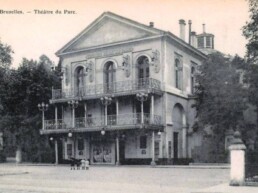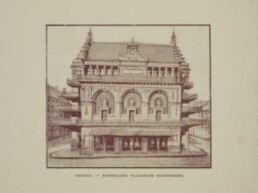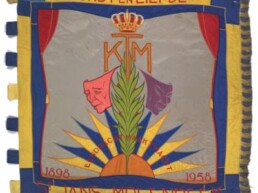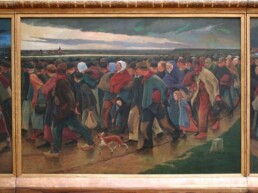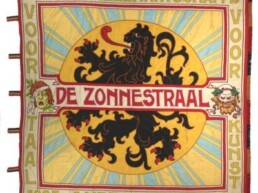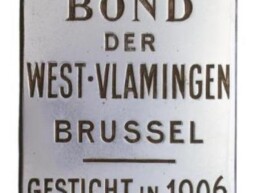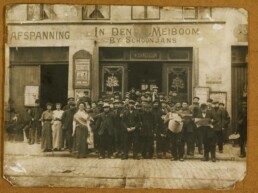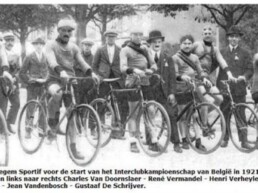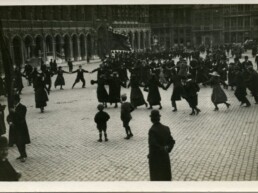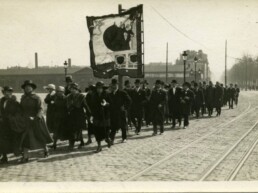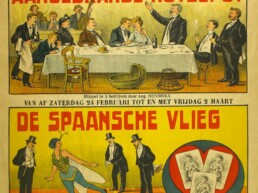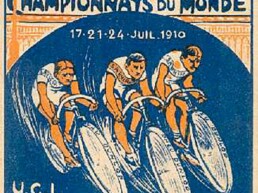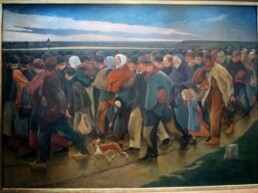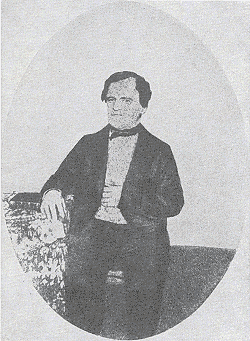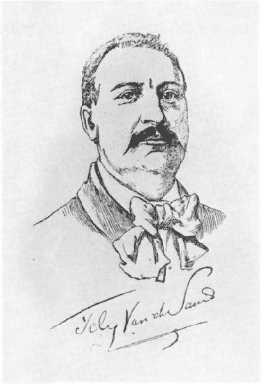Video
Between 1870 and 1910, gigantic construction sites were built in Brussels to shape a bourgeois city.
The expropriations drove many inhabitants to the outskirts; in particular, to Cureghem and Molenbeek.At the same time, industry attracted people from the countryside. Affected by famines and unemployment, immigration from the west of Flanders will be important. But not all migrants from Flanders will settle in the city. The development of the "Boerentram", literally the peasants' tramway, made it possible to bring workers to the factories, sons to the technical schools and to keep the women in the village, in a Catholic Flanders where the priests feared bad influences and the rise of socialism in the city. The Flemish theater will know decisive hours in Molenbeek. The one who started this struggle in Brussels was none other than Jacob Kats. For him, the Flemish struggle was part of the struggle for workers' rights. He is credited with importing the idea of the political meeting from England. And Flanders means cycling. Clubs were founded in Anderlecht, and the world championship was organized in Molenbeek in 1910. The rest is brilliant! From 1950 to 1980, Anderlecht was home to many great names of cycling champions and great bicycle mechanics. The Flemish association life in Brussels is rich. The "Bond der West Vlamingen van Brussel" is an example. It was created in 1906 by Flemish people from Kortrijk to promote solidarity between the West Flemings and to enhance their culture and language.
BOERENTRAM
Contact us
02 899 93 01


